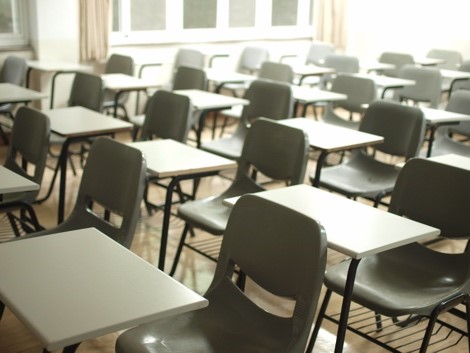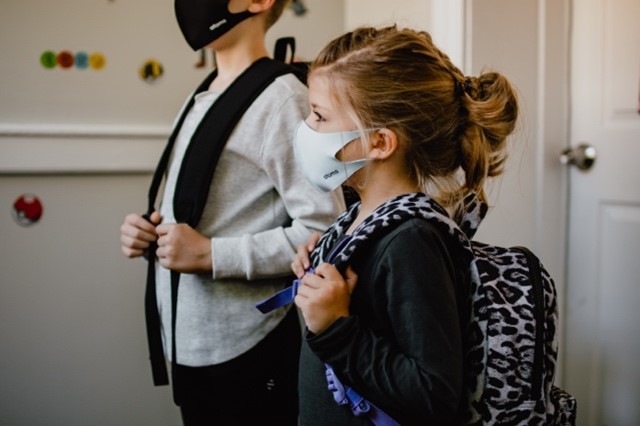 Who can come to the Autism Reading Group?
Who can come to the Autism Reading Group?
Anyone who is interested in autism!
We have an optional reading for each meeting for those who are interested in learning more about the topic. Everyone is welcome, whether you have autism yourself, are a parent, teacher, educational psychologist, practitioner working with autistic people or just have a general interest in the area, we encourage you to sign up and take part.
To sign up email us at acorns@sussex.ac.uk
What is the Group?
ARG is part of our new initiative, Autism Community Research Network Sussex, or ACoRNS. ACoRNS exists to provide ways for the whole autism community to participate fully in research involving autism in our region. We aim to stimulate discussions and promote understanding, by encouraging people to share ideas with others and understand different perspectives. This means that questions that are asked in research emerge from issues and approaches emerging from the community itself.
Another goal of ACoRNS is to focus on how we can make life better practically for the autism spectrum community. Such as Time for Autism, a mandatory educational programme for students at Brighton and Sussex Medical School to increase their understanding and knowledge. We will carry on the conversation about different services through these monthly meetings about relevant research and by sharing views across different services, locations, and individuals.
What did we talk about at our first ARG?
Our first session was on the impact of Covid-19 restrictions on autistic children’s education and what we can learn from it.
Staff shortages
We spoke about how some staff are currently struggling in schools due to issues of staff shortages leading to overworking for several months now. This is an issue across both primary, secondary, mainstream and special needs schools.
 Main issue differences for primary and secondary schools
Main issue differences for primary and secondary schools
The main challenge in secondary schools has been the large increase in mental health issues especially anxiety in teenagers. Those with autism are particularly vulnerable to experiencing anxiety because of Coronavirus and the change in their routine. Whereas in primary schools, issues include the loss of sociability and fun for the children.
Lack of space
Another challenge is the lack of space due to social distancing and disinfecting rooms. Many rooms that autistic children use as a ‘safe space’ and therapy rooms have been out of use. Therefore, children who need to step out of class for a moment have nowhere to go because safety rooms are either closed or there is the issue of staying within their bubble. This means many of those with autism are having trouble self-regulating because of safety concerns. Similarly, those who need extra delivery with a support teacher can’t step out the class to receive support as there is nowhere else to go. However, two teachers talking in one classroom can be distracting for other children.
 Home vs school learning
Home vs school learning
A serious challenge is the realisation that many autistic children have been coping much better at home and since returning to school have found it difficult and would much rather be at home. This was mentioned in the ARG’s optional reading ‘Special education during lockdown: Returning to schools and colleges in September’ by ASK research which was about autistic children’s attendance concerns when returning to school. This cannot be said for all children though, many have liked the changes going back to school. This shows the individuality of the children on the autism spectrum.
Masking
There have been some thoughts about autistic children who seemed to be coping well in schools, but since coronavirus lockdown have realised they prefer working from home and are much happier. Therefore, some autistic children could be masking to a greater extent than previously thought and are under high stress in the school environment. This raises several questions about education and implications if children received some of their education from home.
Mental health and wellbeing
There have been some positives that has come out of the coronavirus for children with
autism and we can use these to make important changes in schools. Schools have been allowed to become more flexible and creative in their teaching and activities for children. In September, some schools allowed time to focus attention on the wellbeing of the children after months of distress due to coronavirus. It was shown to be really helpful for children compared to going straight into the curriculum learning.
 Exams
Exams
This year’s SATs and CATs were cancelled, and this raised the questions of the purpose of these exams if we managed this year without them and if this would be possible to do again in the future. Instead, a summer of relaxing might be more beneficial for the children. It will be interesting to see how this cohort of children experience school compared to other years and if there are any differences in taking these exams.
Communication
An initiative has been set up in a couple of schools where parents of autistic children can email the school at any time, the evenings and weekends included, about any difficult behaviours their child is displaying either at home or school and the school can reply about how it is being dealt with at school. This is a good way for communication between parents and the school which can be addressed before it gets worse. This helps as many autistic children’s anxieties are often reduced when they know someone has heard their problem and has a plan to help.
 The future
The future
From the whole discussion we took away several points of the changes we can make in schools. Specifically, we noted the importance on focusing on children’s mental health and wellbeing in schools which should be continued in the future regardless of coronavirus. Another radical idea would be having part-time timetables such as half days and days off school to work from home. This may mean shorter time being in schools, but children would be more engaged and less anxious.
